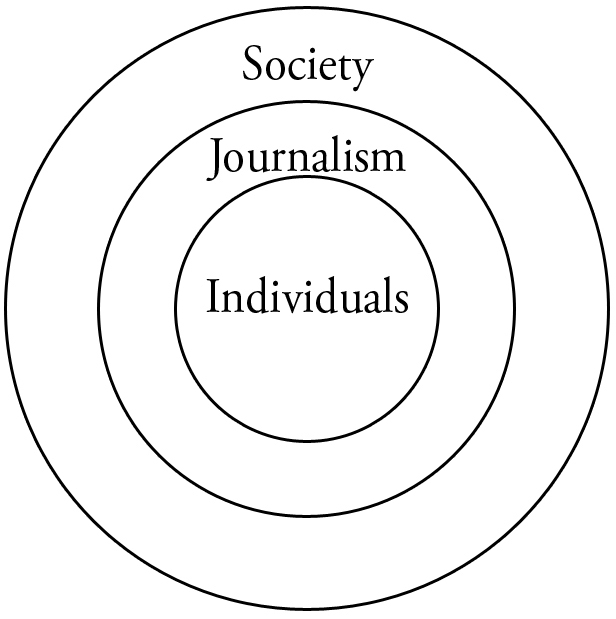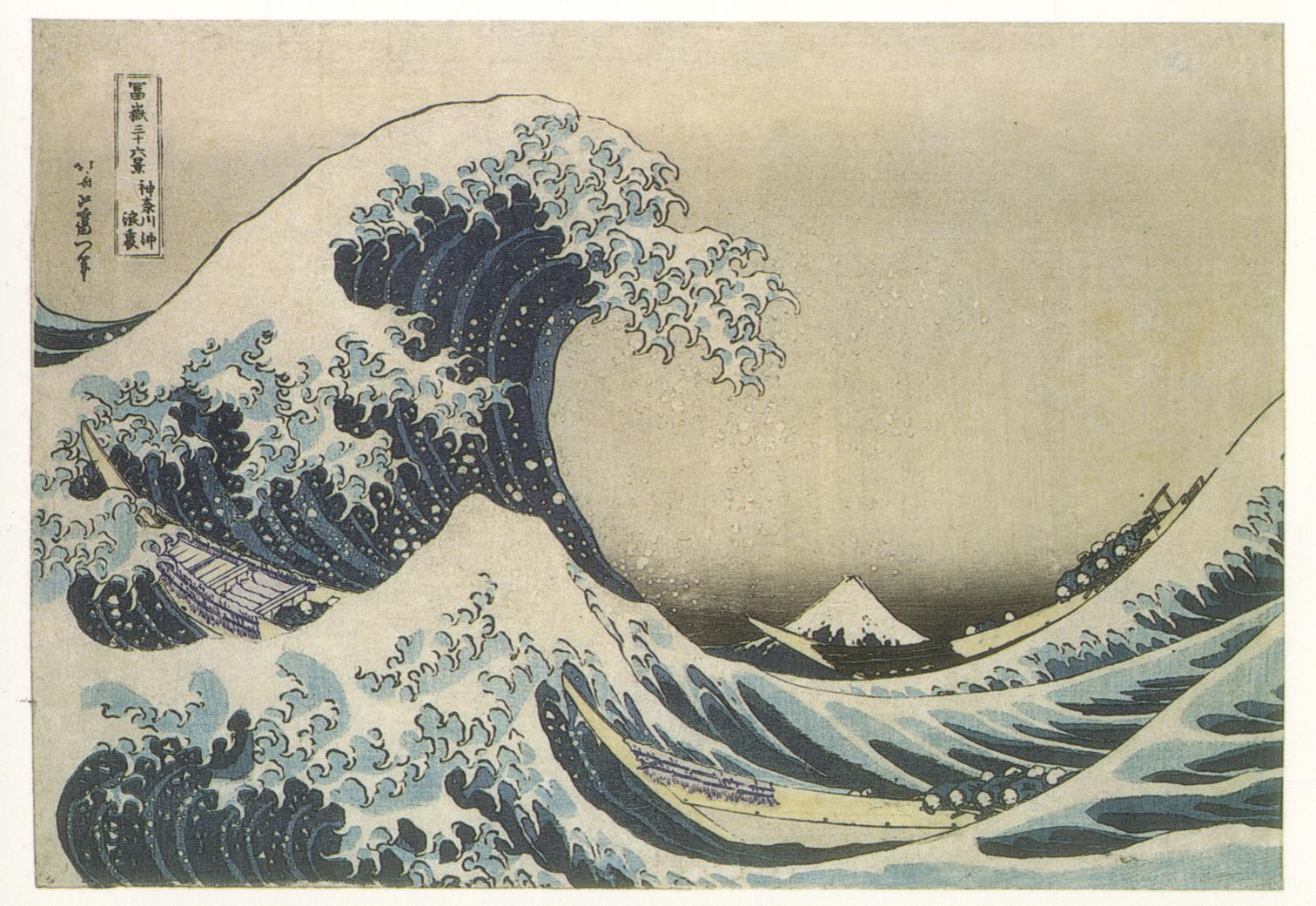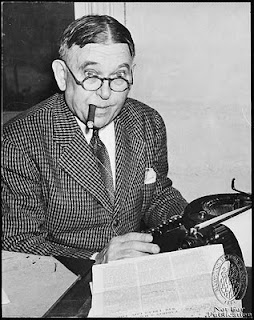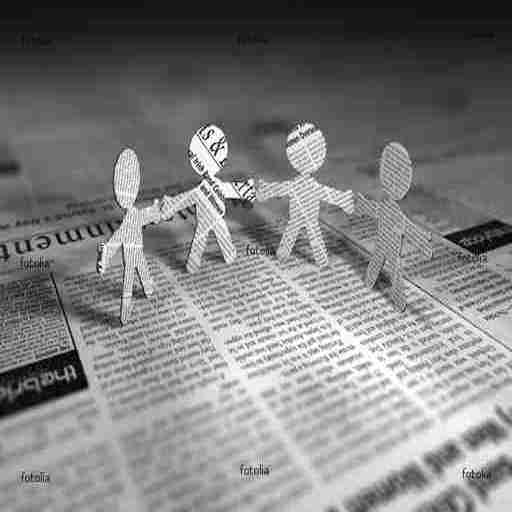The View from Afar
Writings by retired newspaper publisher Stephen Waters

The fabric of society: 2. Individuals create society
fas02of14 Rome (NY) Sentinel 2015-10-04 October 3, 2015
Economist and moral philosopher Adam Smith said that we enter into society. In practice, when you master why you as an individual need society, it is society that enters into you. Individuals create society out of sheer need. Individuals created journalism to help them, and also created society. Journalism and society extend out from individuals like concentric circles.

Sometimes those creations contain flaws that mirror the flaws of individuals. Those flaws seem to pass almost unnoticed because people are not tuned to see such behavior as flawed. What is worthwhile for an individual is equally important to journalism and society. Skill developed to detect the patterns of bad journalistic habits helps detect similar misbehavior for individuals and society.[1]
The relationship between society and culture is often obscured because society often is confused with culture. Once people understand how society that underlies culture differs from culture, society’s simple elegance becomes clear. Recent multi-cultural confusion that creates a quagmire of moral relativism muddles society’s prospect for peaceful problem resolution.
People who see culture and society the same are like those who see the subject of a photograph in the foreground without sufficient depth of field to see the context background offers.[2]


Focused on foreground activities alone, they overlook the background represents framework for society. Understanding society generates the courage to defend it against those who, resigned by their actions to living the law of the jungle, would destroy it.
Society is simple. Society is the edge where any two individuals or cultures meet. Society requires no religion, no shared experience, and no natural law.
Individuals need society because each person is alone in one’s own consciousness. Even people together are alone. You can’t hug someone close enough not to be alone inside your mind, unsure of what to trust, aided only by pattern-recognition skills with which one was born and rationality developed over time.
People are like ships, alien, alone, and adrift on a sea of sense experience, buffeted by the waves.

Society can be built projecting forward, in an exercise like linking two ships sailing a storm-tossed sea. One ship uses a messenger gun to send a thin light line between ships that the second ship uses to return a stronger line. The process is repeated using successively larger lines until the ships are lashed together.[3]

A verbal “messenger line” is simple: Can you recall an instance in your personal past experience when you thought you were correct and later discovered to your regret that you were mistaken?
The question plumbs personal experience to deduce insight into one’s thinking. Personal experience is not religious dogma, not natural law springing from culture, and not related to the experience of the questioner. An answer invariably leads one to conclude that thinking can be fallible. While not universal, the understanding might as well be. Sometimes you think you are right, not because you are right, but only because you think you are right.
Decisions are not based on reality, but on an abbreviated and incomplete mental map of reality. Self-interest requires one assure one’s mental map is as accurate as possible. Self-interest encourages engagement with others who also have come to doubt their own perfection. Society with others can help detect instances where one’s thinking may have gone astray. Self-interest encourages community.
That decision-making uses an abbreviated mental map of reality is an idea accessible across all cultural and religious boundaries. It fosters a compelling framework for civilization, a path to honor able decision-making, and creation of virtues. It helps people deduce that long-term interests are served by a character-centered life. Respect is directed inward towards our selves and our treatment of others. Responsibility is directed outward towards friends, school, community, and world.
René Descartes ostensibly said, “I think therefore I am”, but he was really saying “I doubt, therefore I am.” Doubt and humility are complimentary. One who recognizes doubt becomes humble. Humility comes to those who recognize doubt. Doubt and humility provide compelling incentive to manufacture society with others.
Humility (Doubt) — an understanding that there may be a better way of doing things. Humility represents commitment to the continuous and repeating opportunity for improvement.
Respect (Reciprocity) — an understanding that others can be equally engaged.
Ingenious creative thinking improves our odds of survival. From simple threads fashioned from humility and a shared sense of need, a sturdy fabric can be fashioned between individuals, independent of their cultures, to encourage a peaceful process of problem resolution. Manufacturing society lifts us slightly above the rest of the animal kingdom and the law of the jungle, to manufacture a protective umbrella using a process of peaceful problem resolution that others learn to trust and embrace in their self-interest as their own.
Self-interest is why individuals create society. Self-interest motivates learning. Self-interest motivates society with others.
[The next article examines how individuals relate to culture through society.]
[1] Studying journalism exposes “gotcha” techniques, style over substance, ignorance, misuse of statistics, gullibility, historical amnesia, double standards, misrepresentation, misplaced tolerance, misplaced judgment, silence, politics, overused and underused language, rhetorical games, and logical fallacies.
[2] Creative Commons License from: Fir0002/Flagstaffotos
[3] U. S. Navy.

Stephen B. Waters
In early 2021, with 46 years in the business, I retired as publisher of the Rome (NY) Daily Sentinel
After five generations of family ownership, despite an unsettled economy, we keep on. We understand that although we may own the newspaper, we hold it in stewardship for the community.
Across my career, so many other small newspapers were purchased by media chains, large newspapers sold their integrity, and broadcast news outfits fell back on superficial entertainment.
They put journalism in this country at risk. The best antidote is for individual readers to arm themselves to recognize the danger to their community, culture, and society itself.
Index
-
 sbwTweet
sbwTweet
Mostly Links and Retweets -
 Essays
Essays
Writings across time -
 Editorials and columns
Editorials and columns
For the newspaper -
 Presentations
Presentations
Community discourse -
 Books
Books
Published and available -
 Audiobooks
Audiobooks
Readings and more